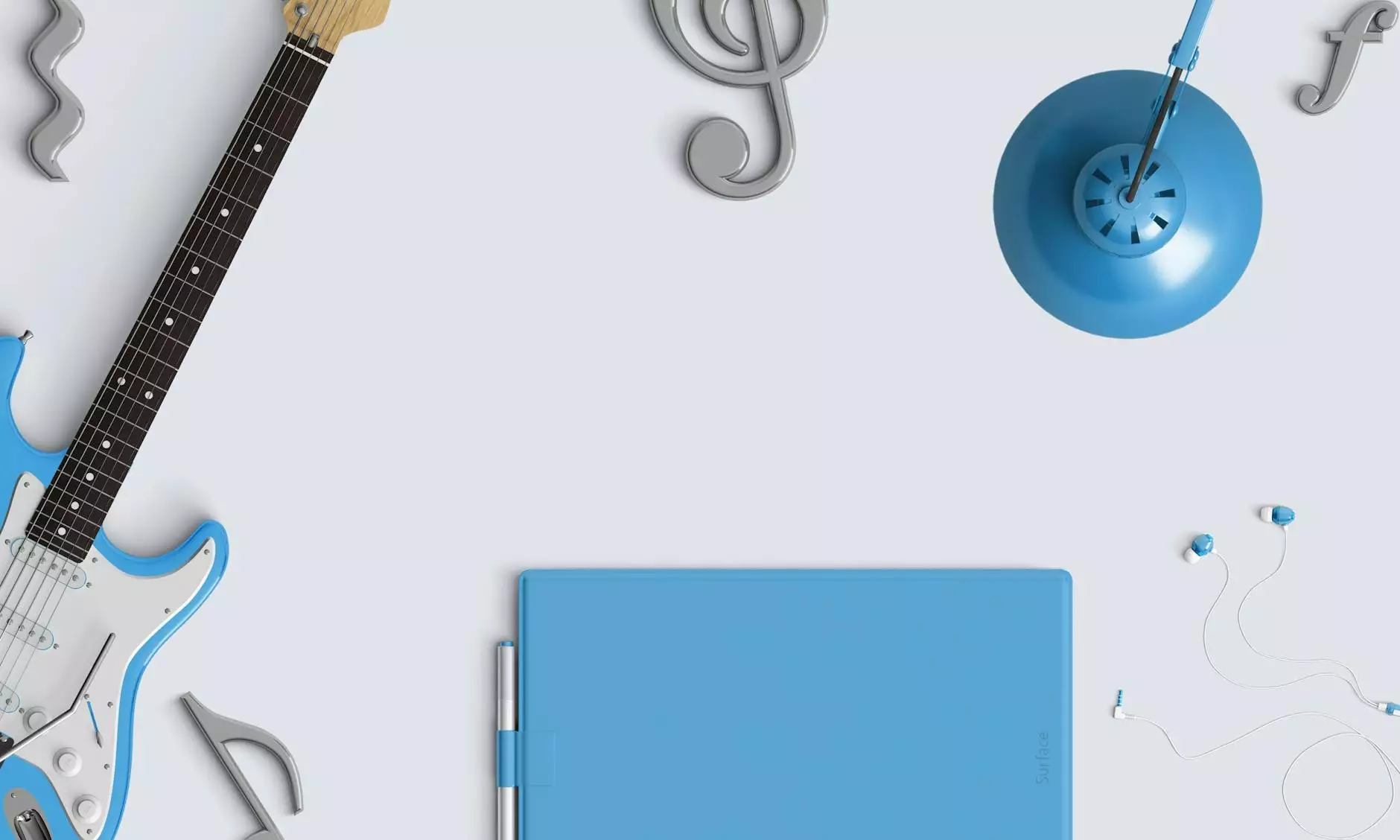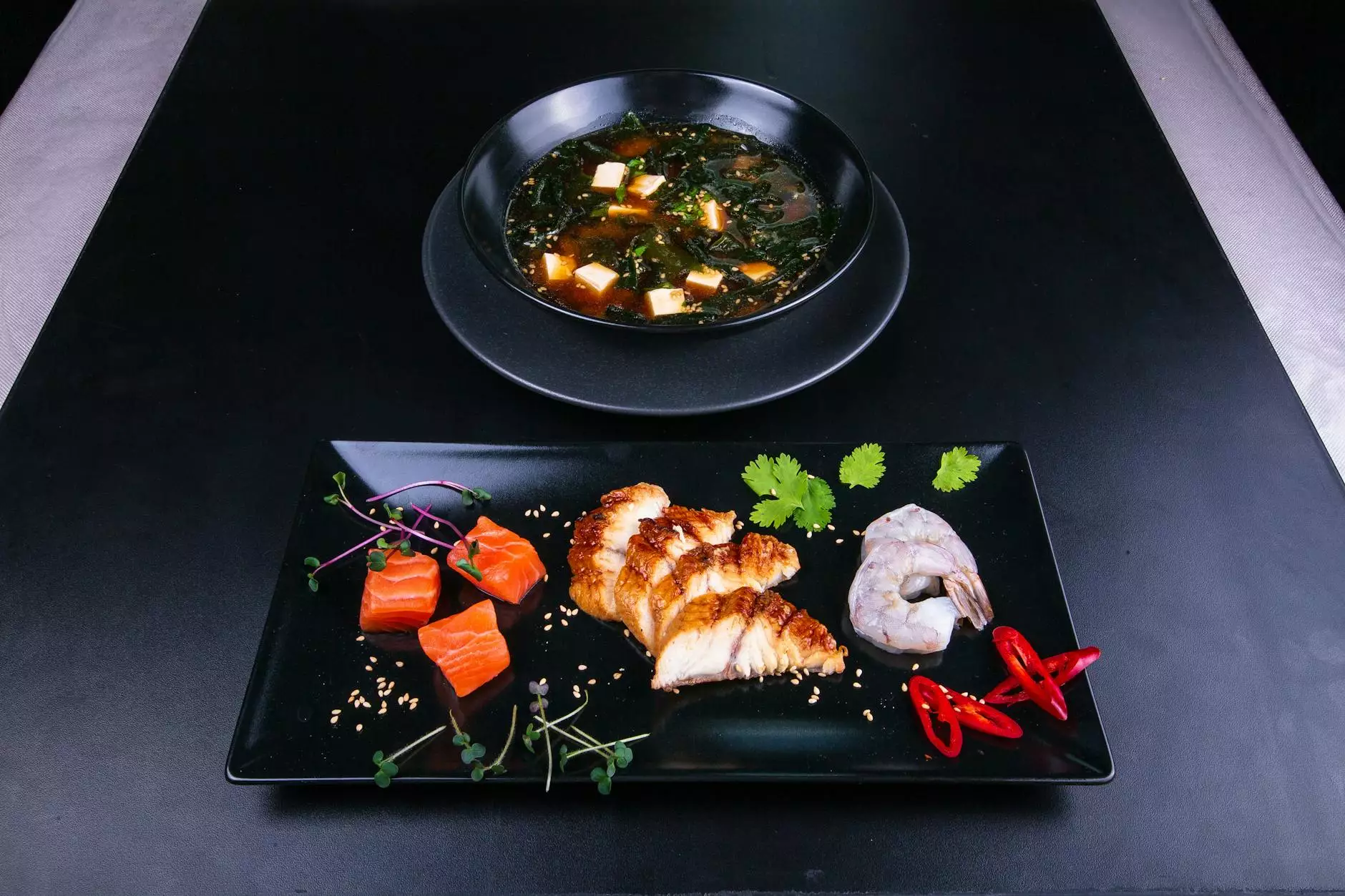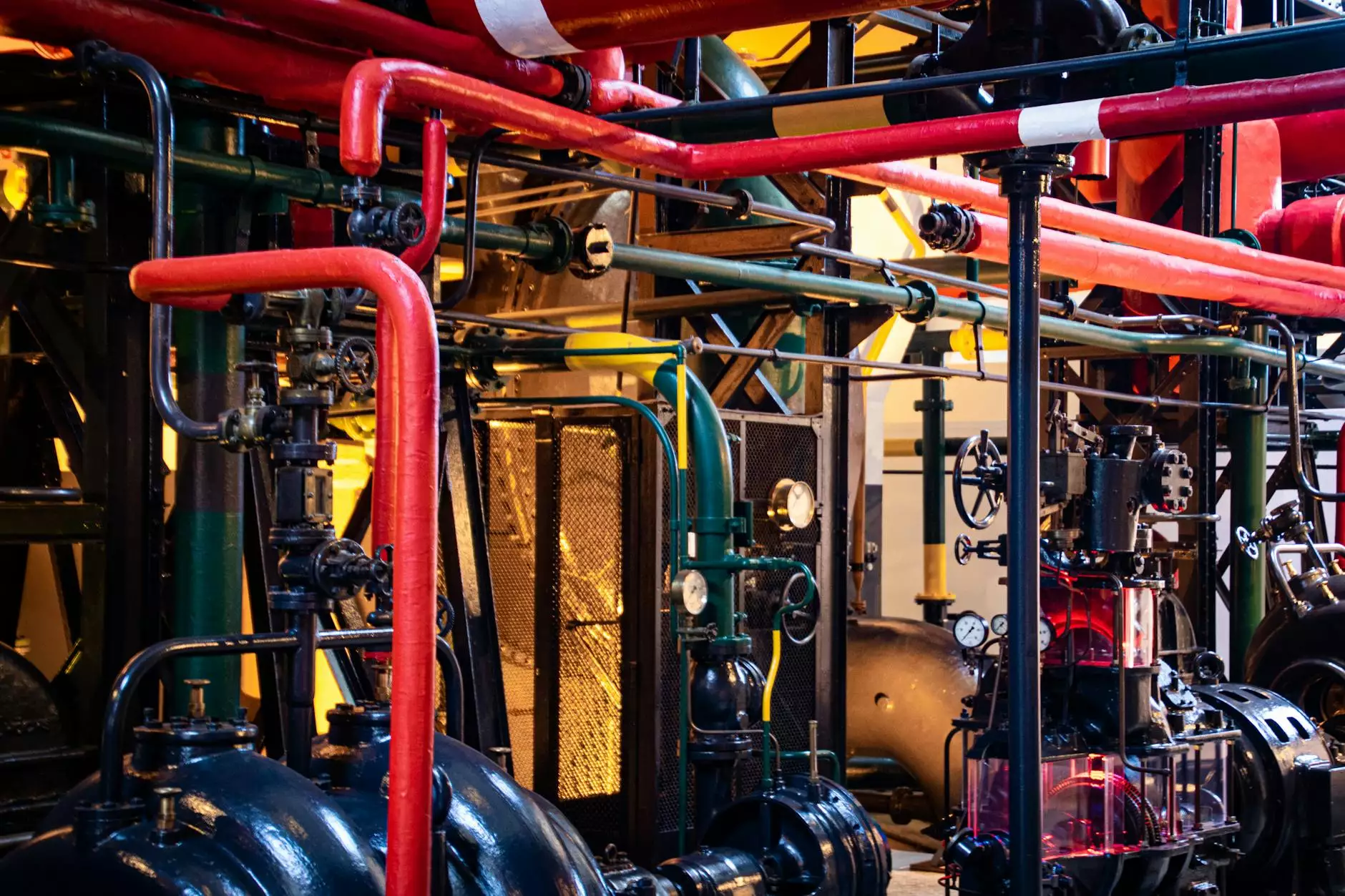Understanding the Vital Role of Plastic Surgeons Instruments for Surgery

Plastic surgery has evolved significantly over the years, not only enhancing the patient's appearance but also improving their quality of life. As the demand for cosmetic and reconstructive surgeries increases, the importance of high-quality plastic surgeons instruments for surgery cannot be overstated. This article delves into the various types of instruments used in plastic surgery, how they are utilized, and their impact on surgical outcomes.
The Evolution of Surgical Instruments
Throughout history, surgical instruments have undergone a remarkable transformation. From rudimentary tools crafted from stone and bronze to today's sophisticated instruments made from advanced materials, the evolution of surgical tools reflects the progress in our understanding of human anatomy and surgical techniques.
In plastic surgery, where precision is paramount, the instruments must not only be effective but also reliable and safe. This section will explore some of the most commonly used plastic surgeons instruments for surgery and their specific applications.
Key Types of Plastic Surgeons Instruments
1. Scalpels and Blades
Scalpels are one of the most crucial instruments in any surgical procedure. They come in various shapes and sizes, allowing surgeons to make precise incisions with minimal trauma to surrounding tissues. The choice of blade depends on the specific procedure being performed. For plastic surgeons, scalpels are essential for making incisions that require high levels of precision.
2. Scissors
Surgical scissors, specifically designed for various tasks, are used to cut tissue or sutures. In plastic surgery, Metzenbaum scissors and tenotomy scissors are commonly utilized for their ability to navigate intricate areas effectively. The sharpness and design of these scissors allow for smooth cuts and less tissue damage.
3. Forceps
Forceps are essential for grasping, holding, or manipulating tissues during surgery. In plastic surgery, fine-tipped forceps are critical as they allow for delicate handling of tissues, ensuring that the surgeon maintains control without causing unnecessary trauma. Types include adson forceps and tweezers-like forceps, both of which come in various configurations tailored for specific procedures.
4. Clamps
Clamps play a crucial role in controlling blood vessels and tissues. For instance, hemostatic clamps are used to stop bleeding by clamping down on blood vessels. They are vital to maintaining a clear surgical field and preventing complications during surgery.
5. Suturing Instruments
Instruments used for suturing, such as needles and needle holders, are indispensable for closing incisions. In plastic surgery, the choice of sutures can significantly affect healing and the final appearance of scars. Surgeons often select specific suturing techniques to minimize scarring and promote optimal healing.
The Impact of Quality Instruments on Surgical Outcomes
The quality of plastic surgeons instruments for surgery directly influences the outcomes of surgical procedures. High-grade stainless steel and innovative materials increase durability and performance, allowing for consistent and reliable results.
Moreover, the precision that advanced surgical instruments offer can reduce complications during surgery. For instance, using high-quality scalpels ensures cleaner cuts with less roughness, facilitating smoother recovery for the patient and reducing post-operative complications.
Innovations in Surgical Instrument Design
With advancements in technology, many companies, like new-medinstruments.com, are leading the way in creating innovative surgical instruments tailored for plastic surgeons. Techniques such as 3D printing and the use of biodegradable materials are revolutionizing the design and function of surgical tools.
Advantages of Innovative Surgical Instruments
- Increased Precision: Advanced designs enhance the surgeon's ability to perform meticulous work with greater accuracy.
- Improved Ergonomics: Instruments designed with ergonomic principles reduce fatigue and improve the surgeon's control.
- Enhanced Safety: Modern materials and coatings minimize infection risks and improve safety during surgery.
Choosing the Right Instruments for Surgical Procedures
The choice of surgical instruments plays a critical role in the success of any plastic surgery. Factors that influence these choices include:
- Type of Procedure: Different procedures require specific instruments. For example, reconstructive surgeries often use different tools than aesthetic procedures.
- Surgeon's Preference: Experienced surgeons often have specific preferences for certain tools based on their comfort and the style of their technique.
- Quality and Durability: Surgical instruments must withstand repeated use and sterilization processes. Choosing high-quality tools ensures they maintain their functionality over time.
Best Practices for Maintaining Surgical Instruments
Proper maintenance of surgical instruments is essential for ensuring their longevity and effectiveness. Here are some best practices that plastic surgeons should follow:
- Regular Cleaning: Instruments should be cleaned immediately after use to prevent contamination and corrosion.
- Proper Sterilization: Adhering to protocols for sterilization is critical for patient safety. This includes using autoclaves and following manufacturer recommendations.
- Routine Inspections: Regularly inspecting instruments for wear and tear can help identify issues before they become problematic.
Conclusion: The Critical Role of Plastic Surgeons Instruments for Surgery
The field of plastic surgery continues to grow and evolve, and with it the necessity for high-quality, well-designed surgical instruments. The phrase plastic surgeons instruments for surgery encapsulates a vital aspect of this field, representing the tools that enable surgeons to achieve magnificent results while ensuring patient safety and care.
As patients increasingly seek surgical options for enhancement and reconstruction, the onus falls on medical professionals to employ the best tools available. Investing in superior surgical instruments not only augments the surgeon's capabilities but also assures patients of the quality and safety of their procedures.
Ultimately, high-quality plastic surgeons instruments are paramount in ensuring successful surgical outcomes, enhancing patient satisfaction, and fostering the continuous advancement of surgical techniques. In a world where surgical precision can transform lives, the importance of these instruments cannot be overstated.
plastic surgeons instrument for surgery








